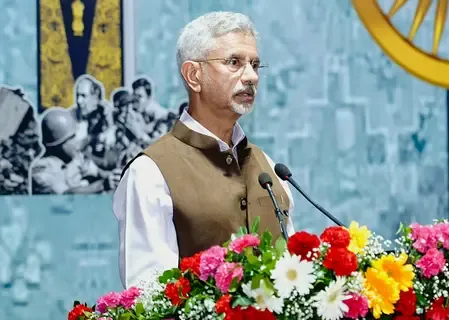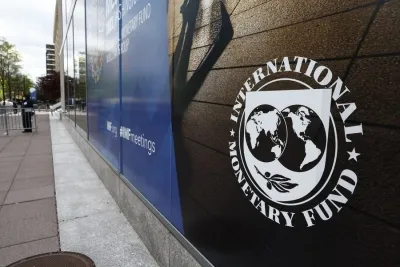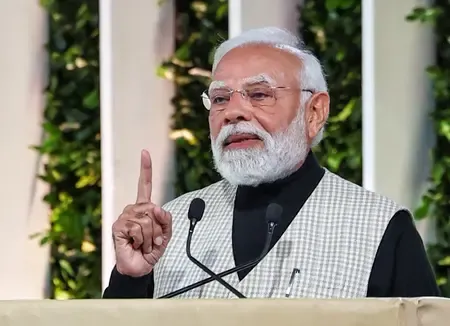Did One Country Seek to Eliminate Terror References? EAM Jaishankar on India's Stance at the SCO Summit

Synopsis
Key Takeaways
- India emphasizes the fight against terrorism as a core objective of the SCO.
- Jaishankar's remarks highlight the need for collective accountability among member nations.
- Refusal to acknowledge terrorism undermines the SCO's purpose.
- The Pahalgam terror attack has brought attention to internal divisions within the SCO.
- India's role in the SCO reflects its commitment to international security.
New Delhi, June 27 (NationPress) External Affairs Minister S. Jaishankar emphasized that the primary aim of the Shanghai Cooperation Organisation (SCO) is to combat terrorism, and every member nation must embody this collective aspiration in both statements and actions.
During an event in the national capital, Jaishankar reaffirmed India’s unwavering stance that terrorism should never be justified, glorified, or protected under any guise — a sentiment echoed by Defence Minister Rajnath Singh’s rejection of a joint statement at the SCO Defence Ministers' Meeting on Thursday.
Without directly naming Pakistan, the External Affairs Minister remarked, “The SCO was established with the intent of fighting terrorism. If a nation involved in this forum selectively obstructs references to terror incidents or shies away from denouncing terrorism, it undermines the very essence of the organisation,” Jaishankar stated.
His comments were made in light of the SCO Defence Minister meeting held in China on Thursday, where Rajnath Singh declined to sign the joint declaration, citing its failure to address terrorism-related issues, particularly the April 22 Pahalgam terror attack that claimed the lives of 26 innocent individuals — primarily tourists, including one Nepalese national.
“Our stance is crystal clear,” Jaishankar asserted. “One nation opposed the mention of terrorism, and we all know which nation it is. This is the reason our Defence Minister refrained from endorsing the statement. If combating terrorism is our mutual objective, we must acknowledge every incident and every location affected.”
India has persistently advocated for enhanced cooperation within the SCO on security matters but has frequently found itself at odds with nations that make a distinction between ‘good’ and ‘bad’ terrorism.
The refusal to recognize the Pahalgam terror attack has further highlighted these divisions within the bloc.
In addition to India, the SCO includes member countries such as Kazakhstan, China, Kyrgyzstan, Pakistan, Russia, Tajikistan, Uzbekistan, Iran, and Belarus. India joined the SCO in 2017 and took on the rotating Chairmanship in 2023.










